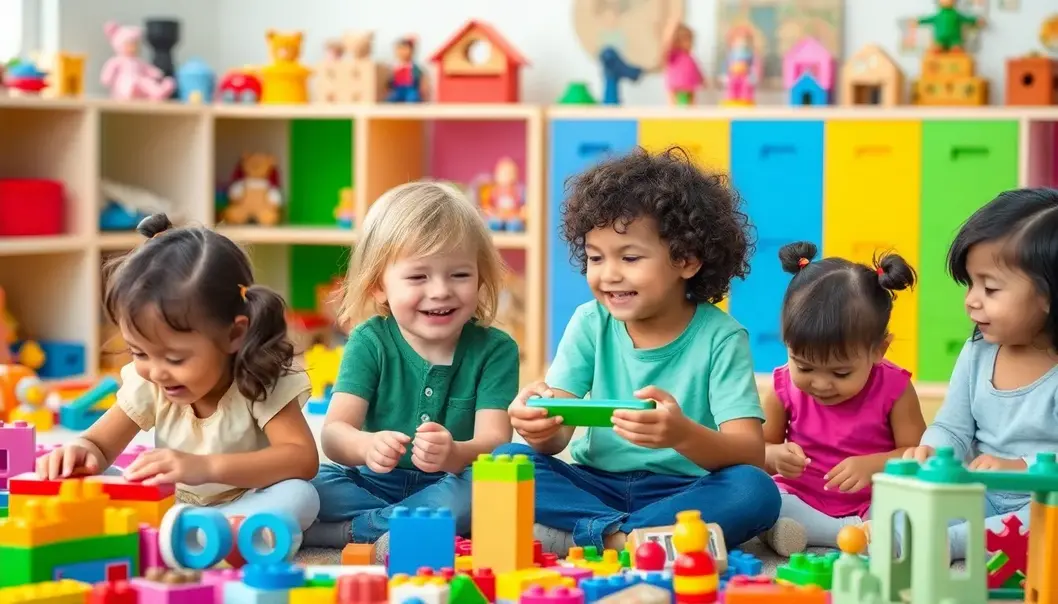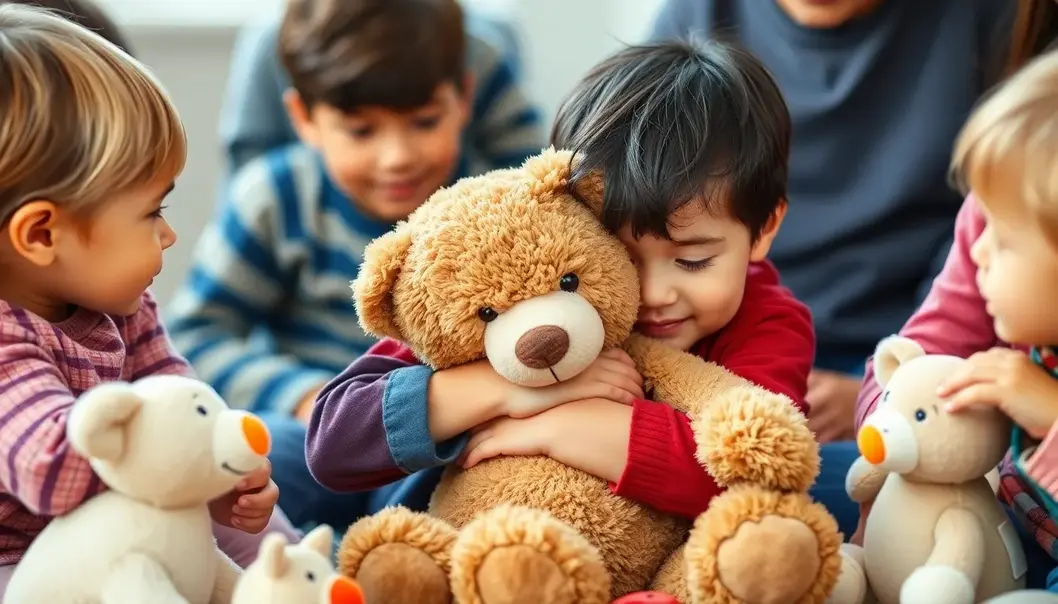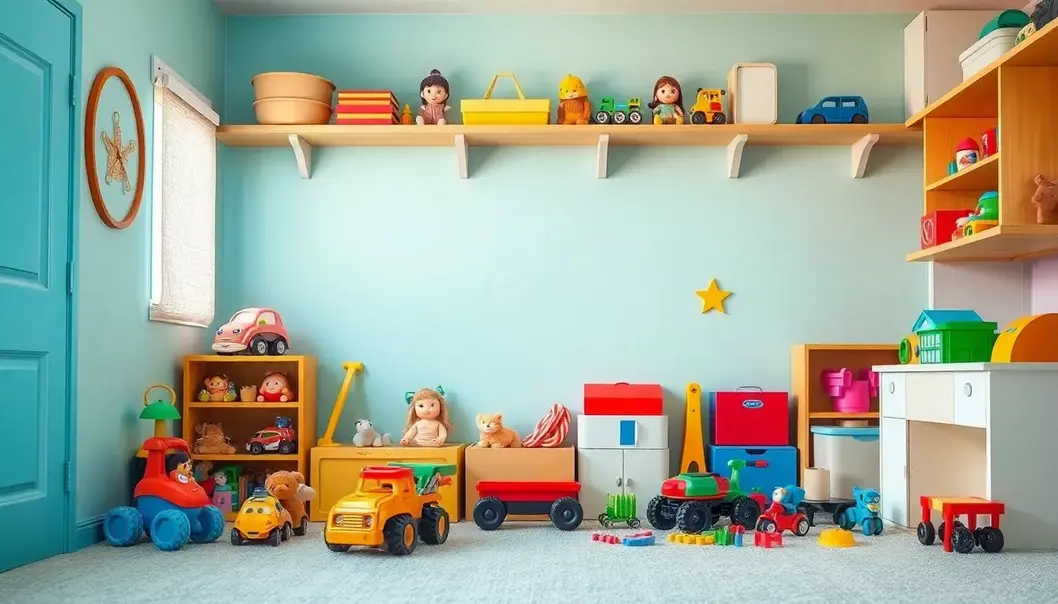Toys are more than just objects; they’re gateways to imagination, learning, and growth. For young adults, understanding why kids gravitate towards toys can unveil layers of psychology tied to curiosity, skill development, and emotional bonding. From stuffed animals to intricate building sets, each toy offers children a platform to express themselves and make sense of the world. By delving into the cognitive and emotional factors that contribute to this allure, we can better appreciate the crucial role of toys in childhood development and explore how these playful tools shape the adults they’ll eventually become.
The Cognitive Playground: How Imagination Takes the Wheel

Children view toys as magical keys to a world where imagination leads every journey. These cherished playthings are not just objects; they are conduits for exploring infinite realities. When children engage with toys, they embark on adventures that mirror real-life challenges and narratives. This immersive play nurtures their innate ability to tell stories, solve problems, and understand the spatial relationships in their environment.
Imaginative play with toys is pivotal in cognitive development. Toys become characters in a child’s ever-evolving story, providing a canvas where they can paint endless scenarios. This storytelling not only bolsters their verbal abilities but also reinforces complex narrative skills, allowing them to sequence events effectively and understand causality.
Beyond storytelling, play with toys is an exercise in problem-solving. As children encounter obstacles within their fantastic worlds, they learn to overcome them creatively. Whether building a bridge with blocks or rescuing an action figure from imaginary peril, they practice forming solutions and evaluating strategies. Such play hones their critical thinking and adaptive reasoning, laying a foundation for flexible problem-solving skills that will serve them well throughout life.
Spatial reasoning is another cognitive benefit derived from toy interaction. Manipulating puzzles or constructing with blocks helps children understand shapes, sizes, and how different pieces fit together in both two-dimensional and three-dimensional spaces. Through trial and error, they develop a mental blueprint of how parts interact to form a cohesive whole. These experiences build their ability to visualize and mentally manipulate objects, a skill essential in fields like mathematics and engineering.
In essence, toys are catalysts for a dynamic cognitive playground where children’s minds expand far beyond the bounds of their immediate surroundings. By fostering creativity through imaginative play, toys encourage a flexible mindset that embraces novelty and change—traits crucial in navigating the complexities of life. Such play not only entertains but also equips children with mental tools they need to thrive both as individuals and within their communities.
Though further chapters will delve into the emotional dimensions toys bring, this exploration of cognitive growth underscores their importance. As children project their feelings and thoughts onto these inanimate objects, they learn more about themselves and the world around them. Through toys, imagination indeed takes the wheel, guiding young minds on the path to comprehensive psychological development.
Emotional Anchors: Building Bonds Through Play

Toys are often more than mere objects of play; they become significant emotional anchors for children. These beloved items help young ones navigate their social worlds with profound emotional depth. Through toys, children express feelings and develop bonds, both with their peers and caregivers. The role of toys in emotional expression is crucial for child development. A stuffed animal or a favorite doll often becomes a child’s confidant, a vessel for their fears, joys, and everything in between. In this realm of play, children learn to articulate their emotions by interacting with their toys as if they were living entities. This expression fosters emotional intelligence, providing a safe space for children to explore complex feelings without the risk of judgment. Beyond serving as emotional outlets, toys are significant in nurturing social connections. When children share toys, they learn cooperation, empathy, and turn-taking. The simple act of sharing a toy can kickstart friendships and help children understand the value of communal interaction. These skills become essential as they grow, teaching them how to navigate and negotiate the social complexities of life. Even the most competitive games with toys involve a level of cooperation and understanding that enhances social bonds. Observably, toys become bridges between children and their caregivers. When a parent engages in play with a child using toys, they participate in an unspoken dialogue. The child feels seen, heard, and valued, anchoring a sense of security and affection. Such moments of shared joy solidify the child’s emotional foundation, creating memories that reinforce their sense of belonging and connectedness. Moreover, toys can serve as soothing objects providing comfort in times of distress. Known as transitional objects, they help children deal with separation anxiety or fear. Whether it’s a nightlight toy illuminating a dark room or a soft blanket providing warmth, these items deliver a tangible sense of safety. They guide children through transitions, from being awake to falling asleep or even from home to school. Through this lens, toys play a transformative role; they’re not just playthings but foundational tools for emotional learning. Underestimating their importance would overlook how they teach empathy, patience, and interconnectedness. As children navigate their budding social spheres, toys remain constant companions, offering the reassurance and support essential for their emotional growth. The journey with toys, from solitary playtime to shared experiences, reveals their profound impact on a child’s emotional world. Such engagement with toys often extends beyond childhood, shaping the way children understand and interact with others throughout their lives.
Final words
Understanding the psychology behind children’s love for toys uncovers the profound impact these playful objects have on development. Toys not only spark creativity and cognitive advancement but also offer essential emotional support. They are pivotal in shaping the social and emotional fabric of a child’s world, fostering skills and connections that resonate into adulthood.
Discover more about childhood development and psychology through toys by exploring our resources.
Learn more: https://www.childpsychologytoys.com/resources
About us
We specialize in providing expert insights and resources on child development through the lens of play, offering toys that enhance learning, creativity, and emotional growth.

